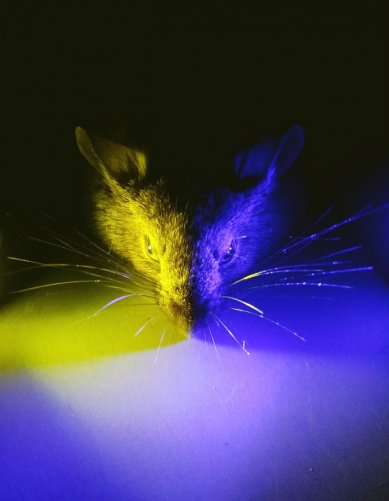Blue light is not harmful to human sleep patterns, suggest new study
A human's perception of colour comes from the retinal cone cells, which according to the study shows that the blue colour signals they supply reduce the impact of light on the clock.

Blue light may not be as disruptive to a human’s sleep patterns as we all think according to a new study done by scientists from the University of Manchester. They found out that using dim and cooler lights in the evening, and bright warmer lights in the day is more beneficial to a person’s health.
In the study, the researchers state that twilight is both dimmer and bluer than daylight, which makes the body use them as a clock and determine the appropriate times to be asleep and awake. Which is why current technologies designed to limit our evening exposure to blue light send us mixed signals.
Newer technologies, with Blue Light filters, make small changes in brightness, thus making the colours resemble that its daytime.
The research was carried out on mice, by exposing them to specially designed lighting which was colour adjusted without changing brightness. And at the end of the research, they found out that blue colours produced weaker effects than the equally bright yellow colours.
“We show the common view that blue light has the strongest effect on the clock is misguided; in fact, the blue colours that are associated with twilight have a weaker effect than white or yellow light of equivalent brightness,” said Dr Tim Brown, from The University of Manchester.
The human body uses a special light-sensitive protein, called melanopsin in the eye that measures brightness. Melanopsin is better at detecting shorter wavelength photons. Due to which researchers originally suggested blue light might have a stronger effect.
A human’s perception of colour comes from the retinal cone cells, which according to the study shows that the blue colour signals they supply reduce the impact of light on the clock.